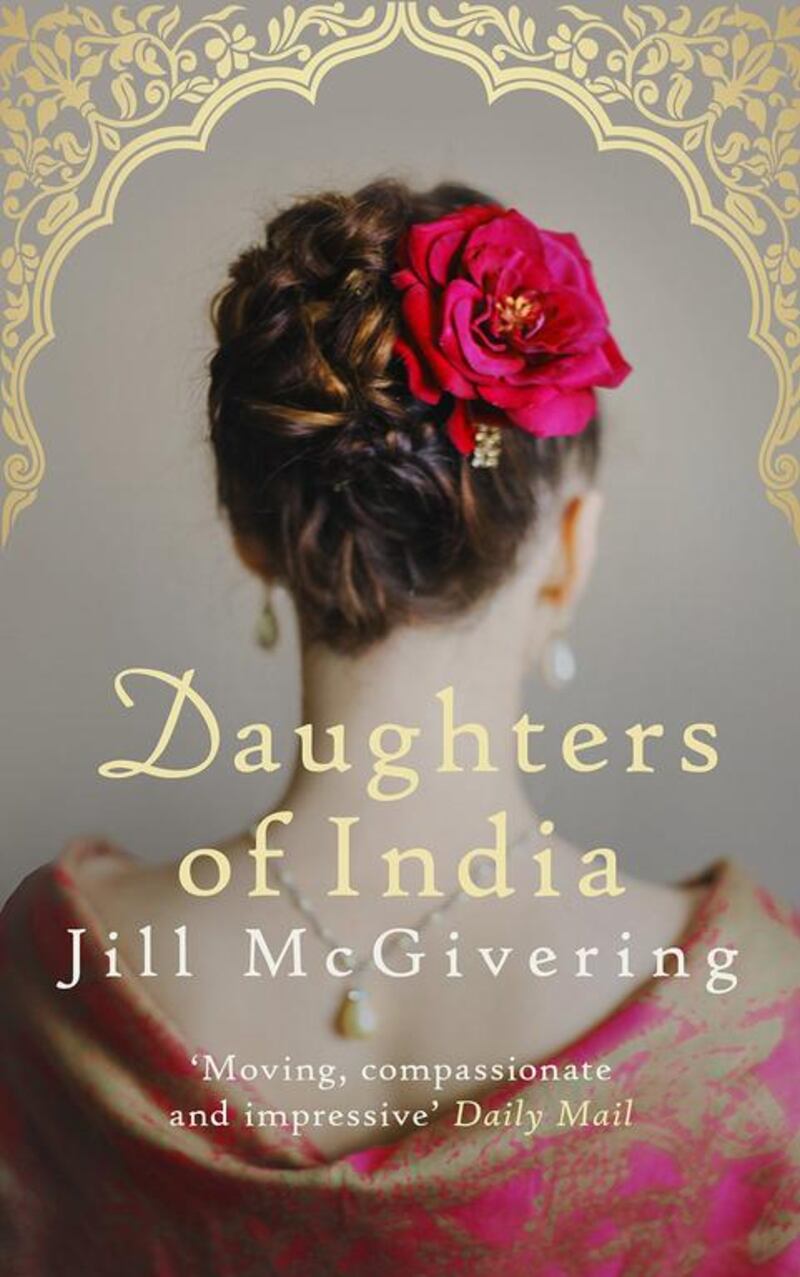Daughters of India
Jill McGivering
Dh70, from Amazon.com
The fallout from Gurinder Chadha's recent movie, Viceroy's House – Fatima Bhutto called it a "glossy imperial version of India's traumatic partition" – shows the inherent dangers of cultural appropriation. And that was made by a British-Indian director.
So there is a sense that Jill McGivering has had to tread very carefully with her story of the struggle for Indian independence – which you would trust her to do, given she is the BBC’s South Asia correspondent.
As a result, though, it feels like Daughters of India plays it a little too safe at times.
McGivering is determined to give both sides of the issue an equal footing. The privileged Isabel is the daughter of an official who moves in circles where once there was dynamism and power but now there is nothing but “sad shaking of heads and frowns of confused disappointment”.
Her counterpoint is Asha, a young Hindu girl, whose father is a “sweeper-wallah” wrongly accused of stealing money from the British, who ends up in prison after getting caught up in revolutionary activities.
The sweep of history is keenly felt as the years pass and, as the title suggests, the point here is that despite their hugely different backgrounds and prospects, both women are able to call India home in some way.
Naturally, their stories collide, mixed up in the lives of people on opposing sides of the independence argument.
It is particularly good – and, to be honest, rather rare – that we witness these seismic events through female eyes, and those of women prepared to fight for what they believe is right, even if the political subtexts tend to bubble away in the background of a character-driven plot.
Yet despite these good intentions, it is still a novel that feels a little too predictable and overly reliant on stereotype to really mean anything to people outside McGivering's target audience – which you can't help but surmise is filled with Downton Abbey-loving readers who like their history to be page-turningly exotic. There is, for example, a faintly ridiculous poisoning plot that ends in a courtroom drama.
Even a hanging is a set piece as memorable for the immediate aftermath – the English ladies who watch eating sugar-coated shortbread biscuits – as the grisly act itself.
Presumably, this is in some ways the point, as McGivering does a good job of gently skewering the entitled attitudes of the empire. But perhaps it is all too gentle.
• Daughters of India will be published on Thursday





